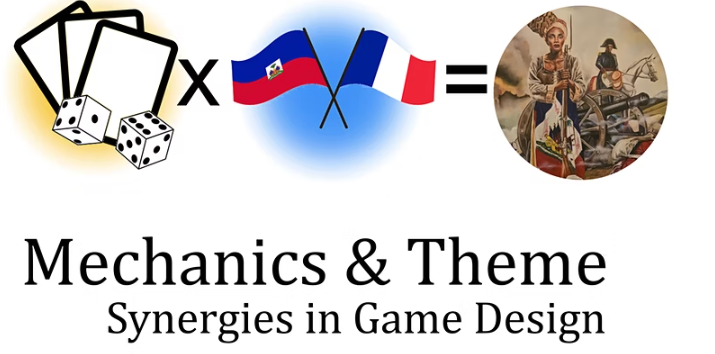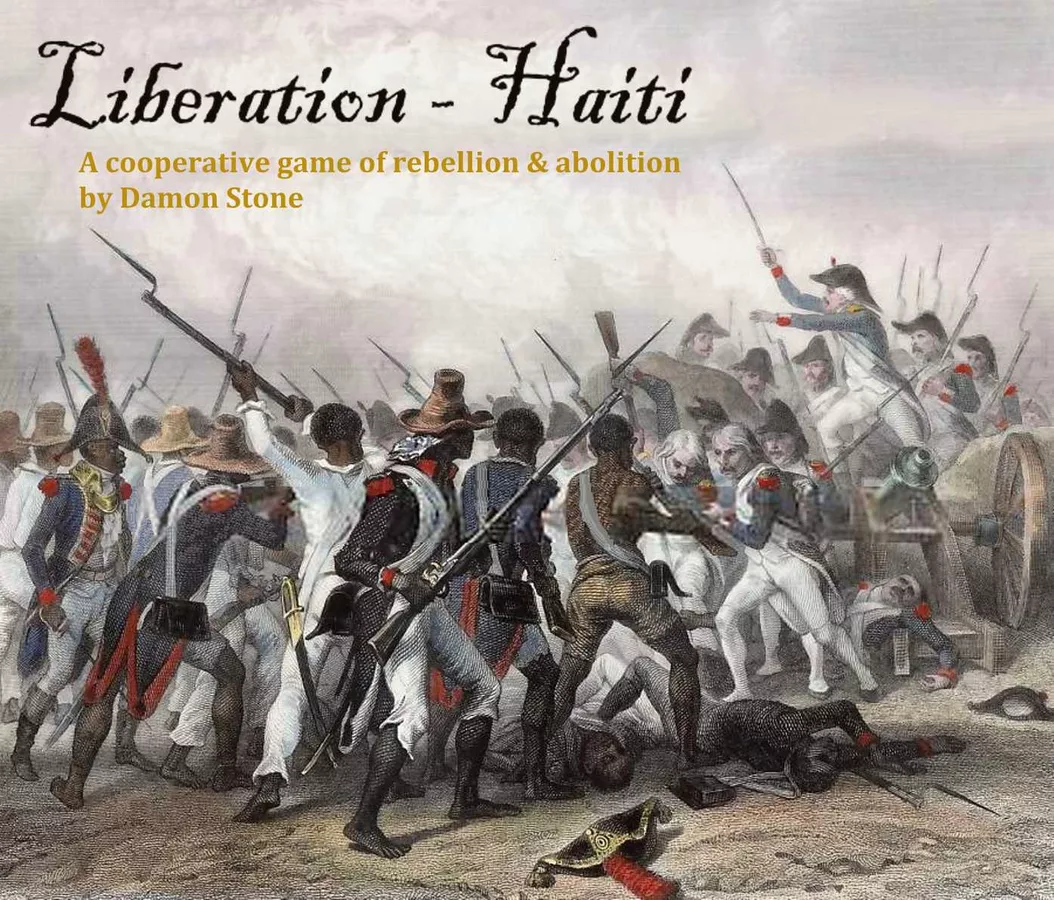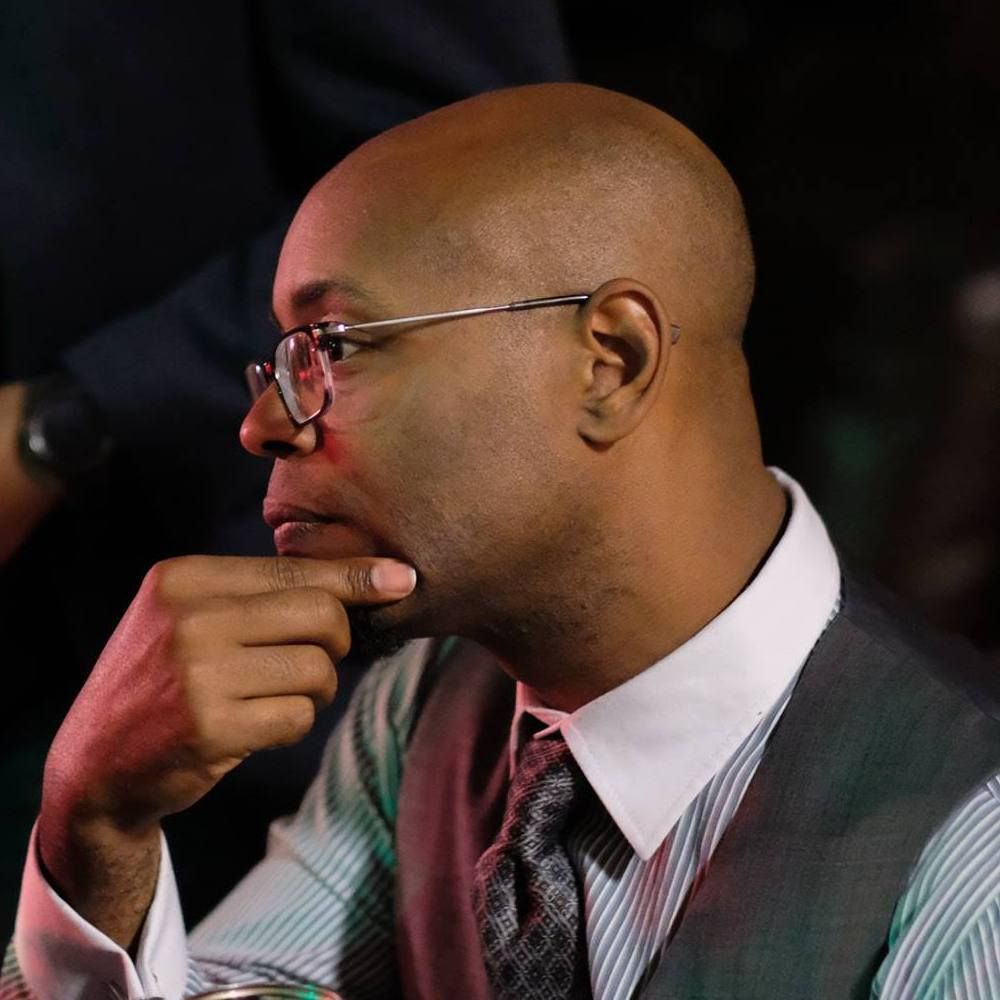Mechanics & Theme: Synergies in Game Design
This is a list of my thoughts on the particularly valuable points from the Georgetown University Wargaming Society (GUWS) talk: “Based on Mechanics & Theme: Synergies in Game Design” by Damon Stone. You can watch the whole thing on their YouTube channel.
( if you do watch it, there’s literally a couple of pauses due to intermittent connectivity; but they’re not a big deal, and are well handled by all )

GUWS event on July 7th 2022
Provoked thoughts:
-
GUWS is pronounced “goose”?!
-
Theme first is how Damon is inspired to write a game, by wanting to design a game in a setting, rather than by a mechanic he wants to use - and this feels the same for me. I’m interested in the contexts in which a game is set, and how it reflects that, and also that’s what has inspired many of my half-completed designs.
-
The discussion of “German” versus “American” board game style was interesting. For a published and aspiring game designer, I’ve also many other interests, so I’ve relatively little experience of board games. As this is how I’d think about those style of games it’s reassuring to see someone with much more experience say the same thing, while very much acknowledging that he’s discussing general trends, rather than all-encompassing definitions.
-
Especially as German games, in this intentionally over-simplified definition, are usually based around the mechanic, with a veneer of theme over the top. I’m usually interested in how the mechanic reflects reality in some way, rather than in and of itself1. Further to this point, Damon explained that German games have a distinct lack of randomness, and tend to use obscured victory conditions to make decision making difficult. In both game-design and game play I’m more interested in how we understand, deal with, and manage “risk” and chance.
-
For example off the back of the previous point. Damon has written Liberation: Haiti, based on the Haitian Revolution at the end of the 18th century. On of the strategies employed by the revolutions during the actual conflict was to concentrate their enemies in cities during fever season, and use raids to keep them located in those cities. Of course this didn’t automatically infect them, and it sounds like the game reflects that, but I’m intrigued by this as a strategy because - in the real conflict - it just encouraged favourable conditions to emerge, rather than using more direct methods. A very smart strategy, but also something risk based rather than as direct as launching an attack.

Liberation: Haiti
-
Similarly the overall points about game-design being a combination of art and science, and the objective and subjective appreciation or dislike of specific games, was very well put. It’s always good to listen to someone with firm but qualified opinions.
-
I found the discussion of “quick plays” thought-provoking, on how to make it as easy and enjoyable as possible for players to learn how to play a game. Personally I think this is an area where wargames are currently weak, but this is a strong generalisation I’m loosely holding on to until I get more experience. Also it’s something I think is necessary for anything but the simplest of games, but also one of the most difficult to put together, which might be why a lot of my designs are half-finished. And… another aspect of megagames that I think needs improvement, but especially in that context it needs a “cost/benefit” analysis considering how irregularly they’re played.
-
A great point was made on where to concentrate cognitive load, citing chess as an example of very simple rules, but it’s the combination of them and the resulting decision trees that makes the game so interesting to people, but so easy for people to pick up, and understand at some level.
-
While they’re not something I have space for right now, I loved the enthusiasm for legacy games - that it’s a game that has a memory and tells a story and keeps a record of that story. While I suspect that design leap has partly been made for commercial reasons, you usually can’t buy a legacy game second hand, I do like the concept of a game as essentially an extended one-shot narrative, rather than only as a replayable experience that players become more knowledgeable and proficient at over time.
-
There was another well-made point near the end on “cultural consultants”, on using people who have an understanding of a historical situation and/or a culture and/or the lived experience to ensure that you bring knowledge of all of that to the game that you can’t get elsewhere; and maybe it’s something as a designer you just don’t have.
-
Overall if you’re into game design at all this presentation is well worth your time.

Damon Stone
More independent thoughts…
-
I’m currently looking to make more cyber security games, either as a dedicated offering, or just as something to attract attention to myself. In contrast to the second bullet point above on themes, I’m really struggling with themes that I think will fit, maybe because it’s the complexity of the whole environment and/or industry that intrigues me. There is undoubtedly a megagame in this, but I wonder what is the smallest game that would benefit employees, and make cyber security concerns clearer to them?
-
I’m really interested in the possibilities of distributed gaming. This is the idea of having a boardgame or TTRPG played in multiple physical locations simultaneously, or at least across multiple boards in the same physical location - say a boardgaming cafe. I’m thinking around how this would work, and if the players are remote from each other, how it would be possible for them to authenticate legitimate play on other boards.
-
I’m reminded of my dislike of Pure Maths, and my interest in Applied Maths, way back in school, if I couldn’t relate the mathematical concept to something more concrete than the numbers it just wasn’t as intriguing. ↩︎
